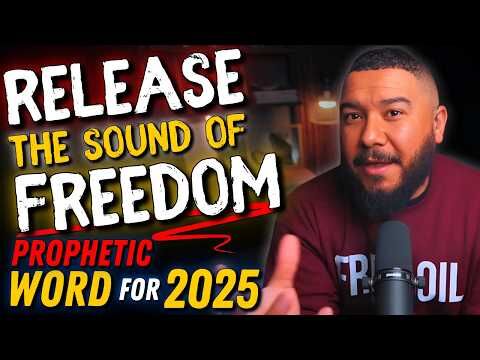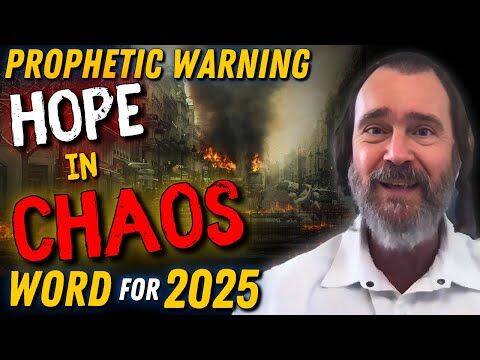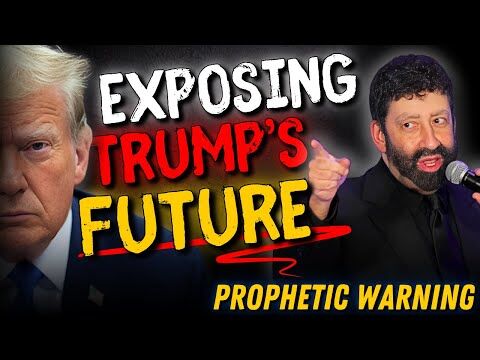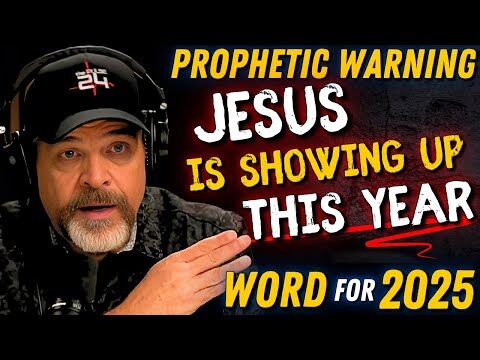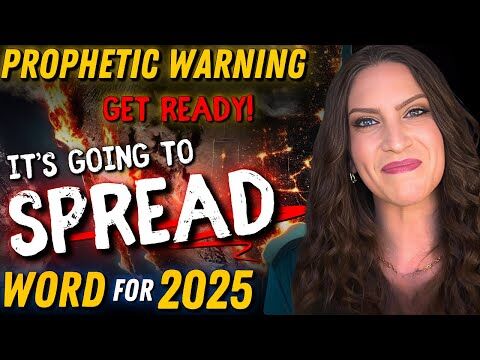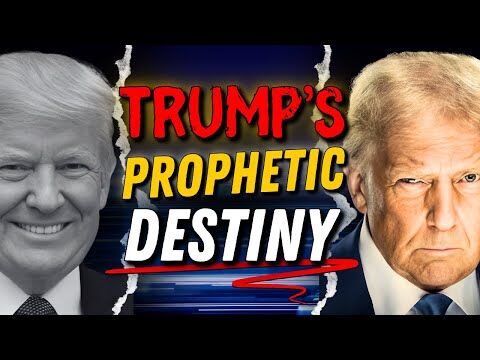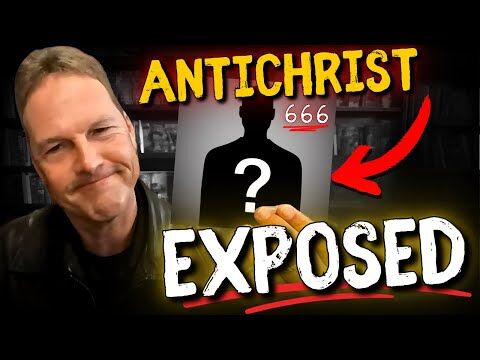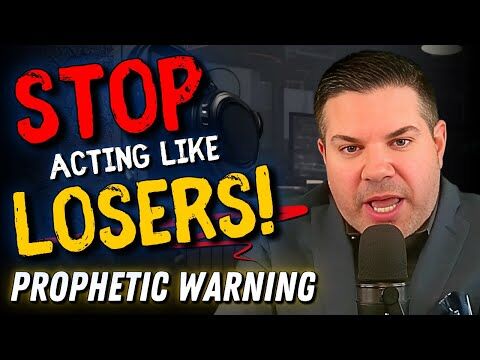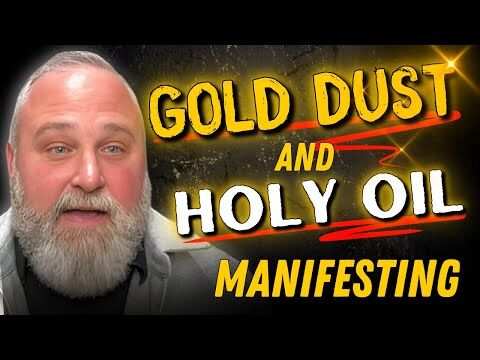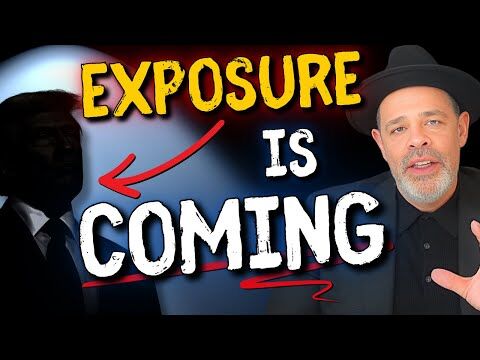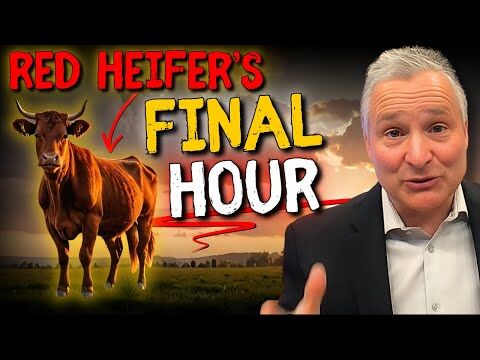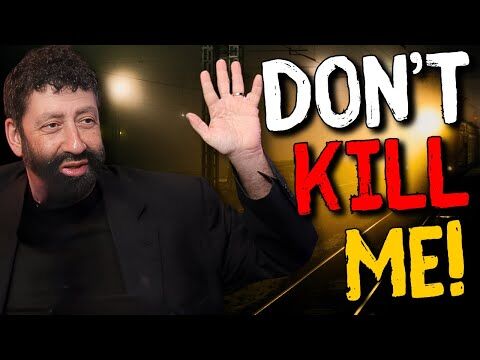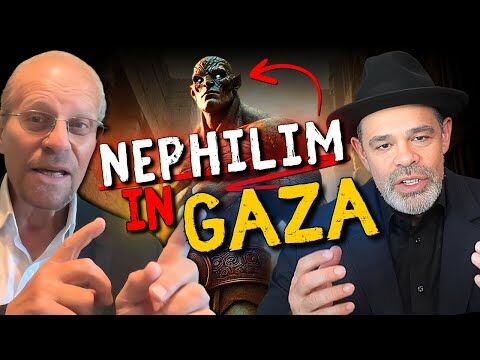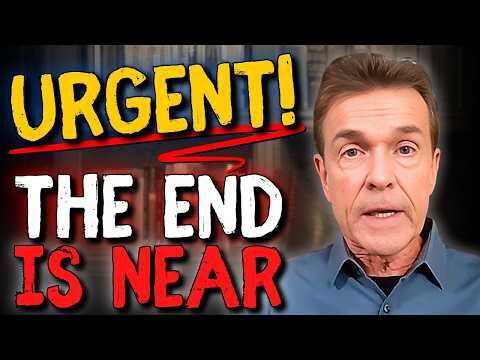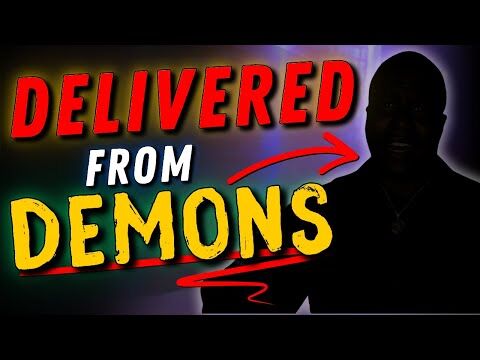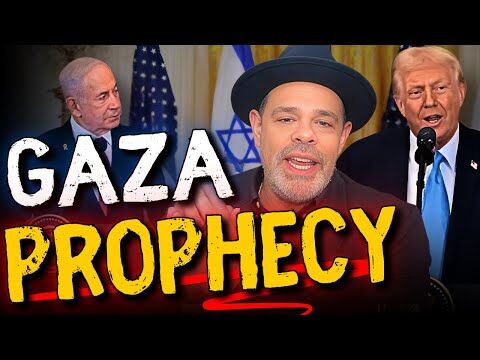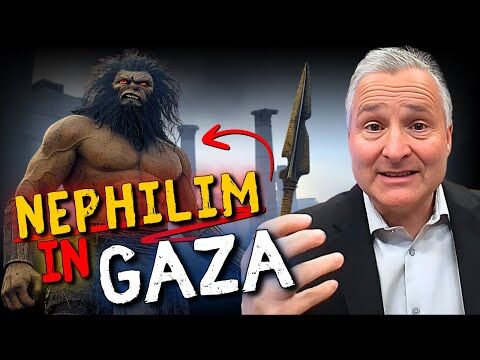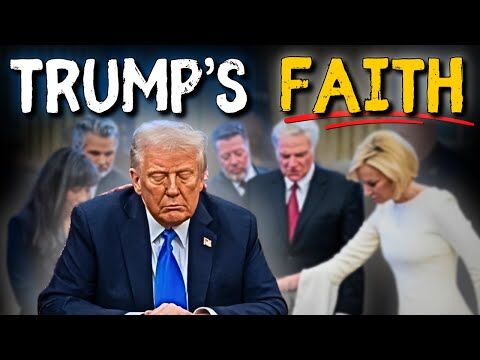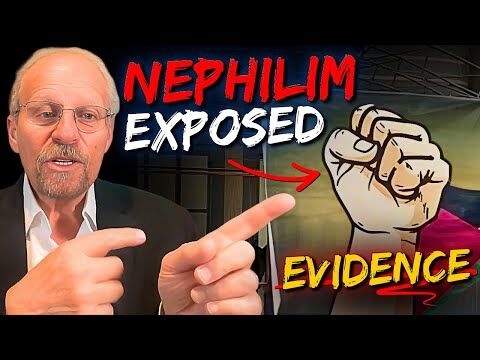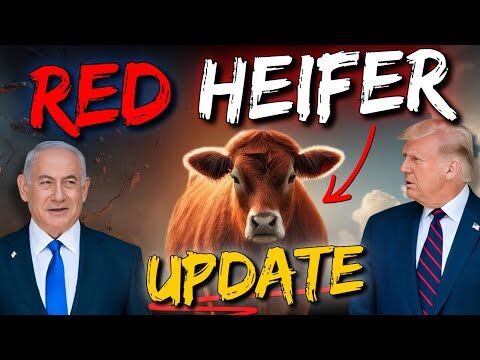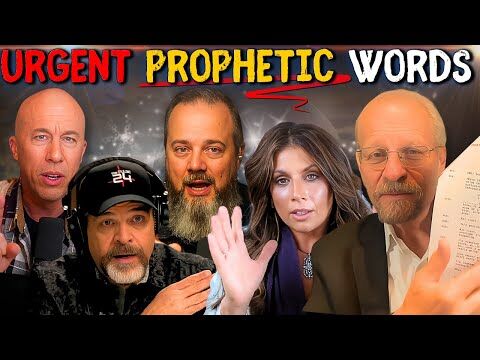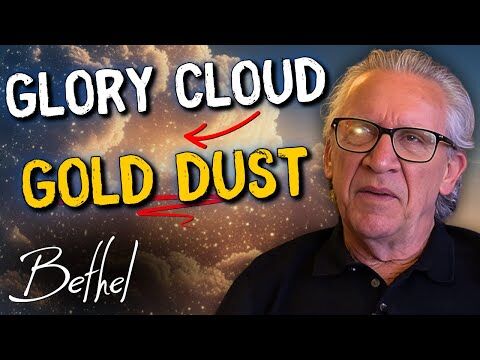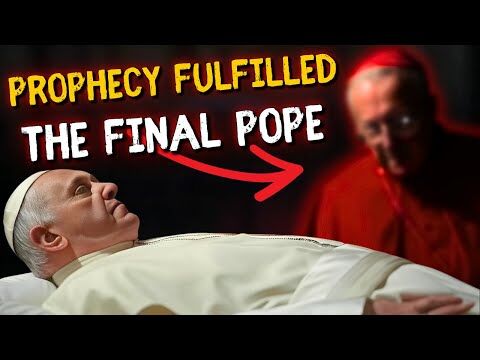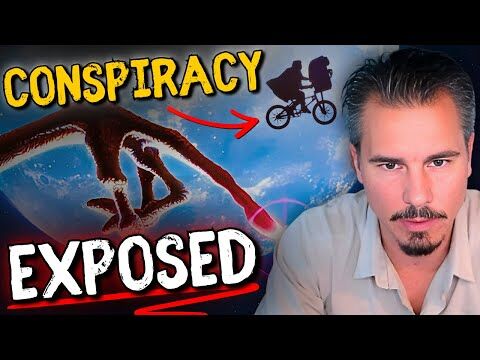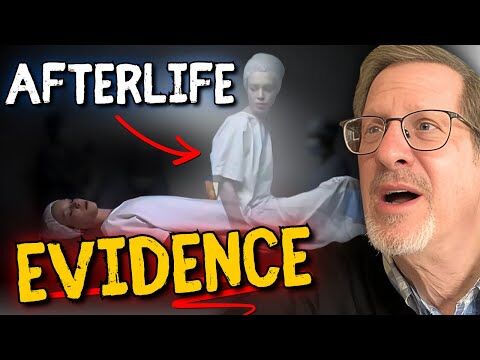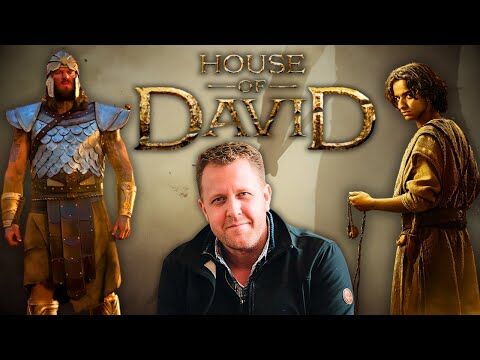I am amazed at what God does and how He speaks. One thing ties into another, piece by piece, until we are holding an incredible, intricate tapestry full of depth and entire worlds.
In my last article, I wrote about the five aspects of Christ’s work that are essential for the fullness of redemption:
- The incarnation.
- The sinless life.
- The innocent death.
- The resurrection.
- The ascension.
I find it interesting that when the apostle Paul talks about the “grace” given to the church (Eph. 4:7–11), he mentions five different gifts:
- Apostle.
- Prophet.
- Evangelist.
- Pastor (or shepherd).
- Teacher.
Five aspects of redemption, five gifts—there is a correlation! Each of these gifts corresponds to an aspect of redemption. Funny enough, they are even in order, though the order is reversed.
Here’s how they work together:
The Incarnation/Teacher
The incarnation made God visible to human eyes.
The Word—Jesus—took on flesh (John 1:14), and in turn the teacher gift shows us how to put “flesh” on the Word. This gift helps us truly see the Word, understand the Word and experience the Word for ourselves.
Jesus is the fullness of deity in bodily form (Col. 2:9). He is the full communication of God’s very essence (Heb. 1:1–5). Teachers are essential as they help us perceive the richness of who God is.
Some branches of the church seem to have an “allergy” to teachers, as if this gift somehow takes away from the experience of God, but that is not the case with true teachers—people with the gift. Poor teachers communicate only partial knowledge that’s based on study with no relationship.
But gifted teachers following the leading of Holy Spirit communicate truth revealed through study and experience (John 3:11), so others can grow in their ability to know God and connect with Him.
Teachers help us discern the true Christ from the many other “christs” we find everywhere in the world (Matt. 24:23–26).
The Sinless Life/Shepherd
Jesus lived in community. He had a family, a neighborhood, a village and a nation, and He was involved in the local synagogue. He loved people and chose to be around them.
He willingly lived in the world yet remained separate from the world. That is, the world was not allowed to influence Him.
The role of the shepherd or pastor is to help us live like Jesus on a daily basis: in community with other people without becoming “of the world.”
Shepherds protect the flock and watch over them (John 10:11–14). They help us answer practical questions about life and godliness:
- How do we love God with all our heart, soul, mind and strength when so many other things are fighting for our affections?
- How do we stay in relationship with people who have hurt us and aren’t perfect?
- How do we love those who are different than we are?
The pastor draws out the shepherd part of the life of Christ and shows us how to live unstained by the world (James 1:27), the way Jesus lived.
The Innocent Death/Evangelist
The blood of Jesus still speaks (Heb. 12:24). It calls out constantly for all to come and embrace a brand-new life.
The blood of Abel crying from the ground called for justice, while the blood of Jesus crying from the cross calls, “Justice satisfied!”
The evangelist is the voice of the blood. This gift pleas for lost and hurting people to surrender to the redemptive work of Christ, calling them to come and die so they may have life. The evangelist’s focus is on the price paid and the response required. This gift cannot be satisfied any more than the blood can be—there must be a response.
The evangelist helps us remember that one died for all, so all might live for the one who loved them and died for them (2 Cor. 5:11–15). God’s sacrifice means our blessing. His price means our reward.
- Forgiveness is possible for everyone who asks for it.
- Reconciliation is available.
- Anyone who wants to can come.
- The price has already been paid. It cannot be added to—the offer is free.
- Everyone who wants to can eat and drink at the table of the Lord (Isa. 55:1; Rev. 22:17).
The Resurrection/Prophet
The hope of the Resurrection is this: that another chapter exists after what seems to be the end of the story. Death is not the final answer. Something unseen occurs; there is a spiritual world at work beyond the natural realm.
The ministry of the prophetic is hope. Always hope. Prophets are the ones who help people remember what can be—what is. “Don’t get stuck where you are, because there is more going on than what you can see.”
Prophets move people from a place of death, through the grave, to resurrection on the other side.
Sickness, death, pain, mourning—all of these are limited, but the one who raised Himself is unlimited. Fullness of reality encompasses much more than just the physical realm; the co-existing spiritual realm is equally as real and therefore needs to be included in the equation.
Prophets see the unseen and help others to open their eyes as well, so they can realize Christ’s power over sin.
As the unseen realm is proclaimed, three important things come to pass:
- What was not becomes.
- Faith is made substance, something real we can touch and experience.
- Everyone witnesses the reality of more.
The Ascension/Apostle
After Jesus’ Resurrection, He ascended to the Father and sat down at His right hand to rule with all authority in heaven and earth. The role of the apostle is to teach people how to live the “ascended” life.
Our life is hidden in Christ who is sitting on the throne, and we are meant to live from that reality (Col. 3:1–5). As those who are sitting with Christ in heavenly places (Eph. 2:6), we also have been given authority (Matt. 28:18–20; Luke 9:1), and we get to live like people who have authority (Rom. 5:17).
The work of Christ redefined reality, and as the veil was lifted and the deception broken, we now know what is true. We get to access what is real and thriving.
As we embrace His work and His life, we get to experience three things:
- The reality of what He accomplished
- His work truly finished
- The kind of life that reveals the Bible is true
Jesus didn’t come to give us information—He came to give us life. Each of the five gifts He left with the church is an aspect of His life that can help us live.
As these gifts fulfill their roles in unity, passing on the grace they have received to others, we can grow up into Christ and reveal Him to a dying world waiting desperately to see Him (Eph. 4:11–16).
John and Dawna Thomas were radically saved out of the drug culture in 1996. Personally mentored by John Paul Jackson, they’ve been on staff with or have worked alongside Streams Ministries since 2004. John pastored The Bridge Metrowest (planted by John Paul) for five years before he and Dawna stepped out into full-time itinerant ministry. After John Paul passed away, John began to work more closely with the Streams leadership team and in 2016 was asked to become the president of Streams Ministries. John co-authored The Art of Praying the Scriptures: A Fresh Look at Lectio Divina with Jackson and has also written courses on prophetic ministry, dream interpretation and the kingdom of God. As president of Streams Ministries, he ministers internationally to help restore the awe of God to a world that has lost its wonder.















